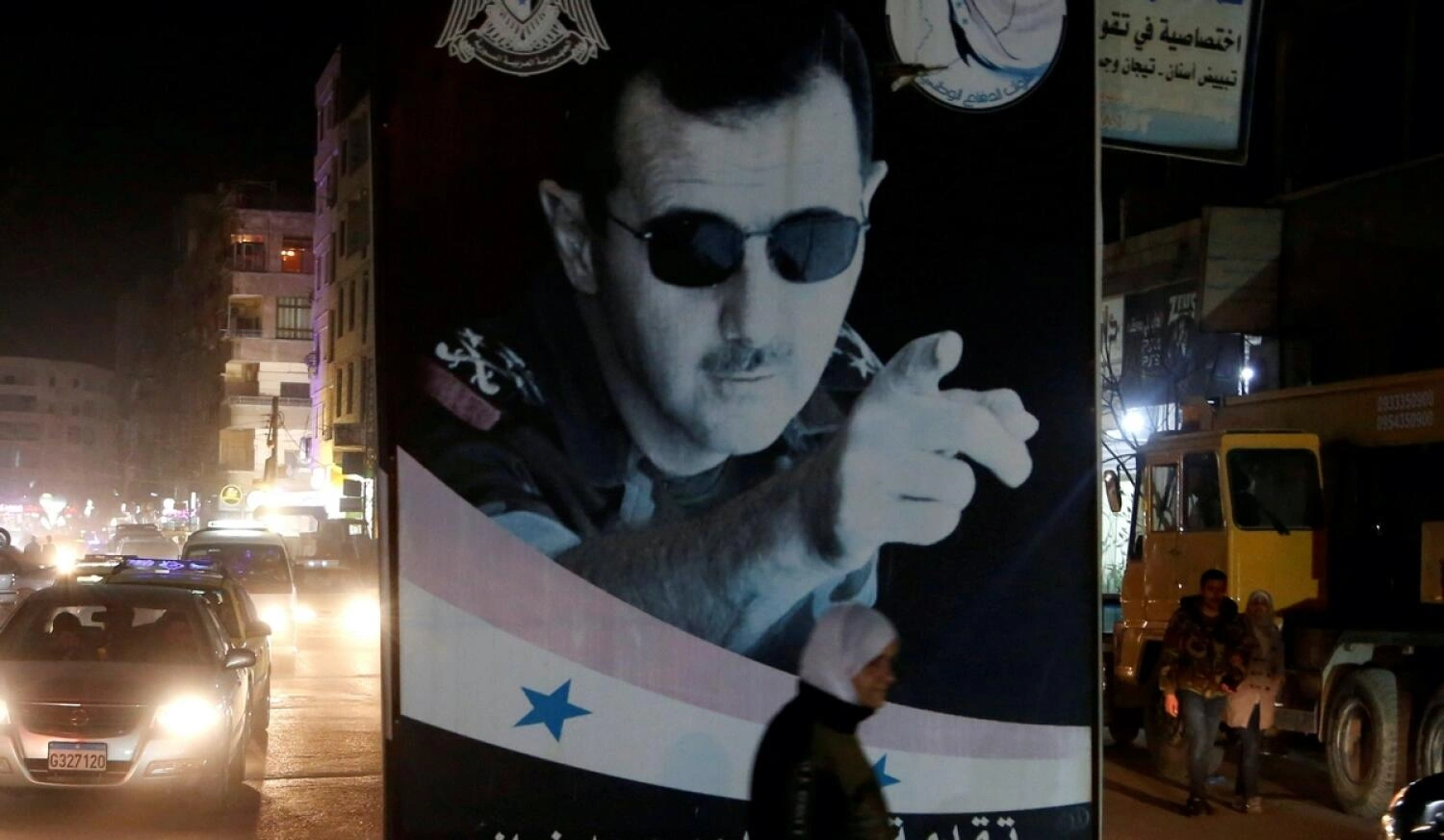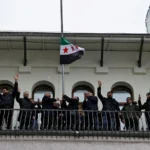Syrian President Bashar Al Assad reportedly left Damascus for an undisclosed location on Sunday, according to two senior army officers. The departure came as rebel forces claimed they had entered the capital without encountering significant military resistance.
In Damascus, thousands of residents gathered at a central square, chanting “Freedom” and waving banners, witnesses said.
Rebels Announce Major Victory in Homs
Earlier on Sunday, rebel groups announced their capture of the strategic city of Homs after just a day of intense fighting. This victory marked a turning point in the conflict, leaving Assad’s 24-year rule on shaky ground.
The fall of Homs, a key highway junction, cuts off Damascus from the coastal stronghold of Assad’s Alawite sect and critical Russian military bases. This victory is also a symbolic comeback for the rebels, who endured years of devastating siege warfare in Homs that forced them out.
Rebel commander Abu Mohammed Al Golani, leader of Hayat Tahrir Al Sham, called the victory a “historic moment” and urged fighters to show restraint toward those surrendering. Thousands of detainees were freed from the city prison as security forces fled, reportedly burning documents before leaving.
Chaos in Damascus
As fighting intensified, gunfire echoed through central Damascus, residents reported. However, the source of the gunfire was unclear. Protests erupted in several districts of the capital, with demonstrators calling for Assad’s resignation. Security forces were either unable or unwilling to suppress the protests.
In one suburb, a statue of Hafez Al Assad, Bashar’s father and former president, was toppled and destroyed by protesters.
Rebel forces stated their intention to “completely liberate” the countryside around Damascus and continue their advance toward the capital. Syrian rebel commander Hassan Abdul Ghani confirmed ongoing operations in the area.
Meanwhile, the Syrian army announced reinforcements in and around Damascus. State television claimed Assad was still in the city, though no further details were provided.
Regional and Global Reactions
Countries including Qatar, Saudi Arabia, Jordan, Egypt, Iraq, Iran, Turkey, and Russia released a joint statement expressing concern over the escalating crisis. While they called for a political solution, no clear plan emerged, reflecting the rapidly changing situation on the ground.
Background on Syria’s Conflict
The Syrian civil war began in 2011 as a popular uprising against Bashar Al Assad’s government but quickly evolved into a complex conflict involving global powers. The war created a humanitarian crisis, displacing millions and providing fertile ground for extremist groups.
Hayat Tahrir Al Sham, the most powerful rebel group, remains controversial due to its origins as a former al Qaeda affiliate. While many Syrians fear the group’s Islamist policies, its recent victories demonstrate its growing influence in the conflict.
With the fall of Homs and growing unrest in Damascus, the Syrian civil war has reached another critical turning point, with both domestic and international implications unfolding rapidly.





